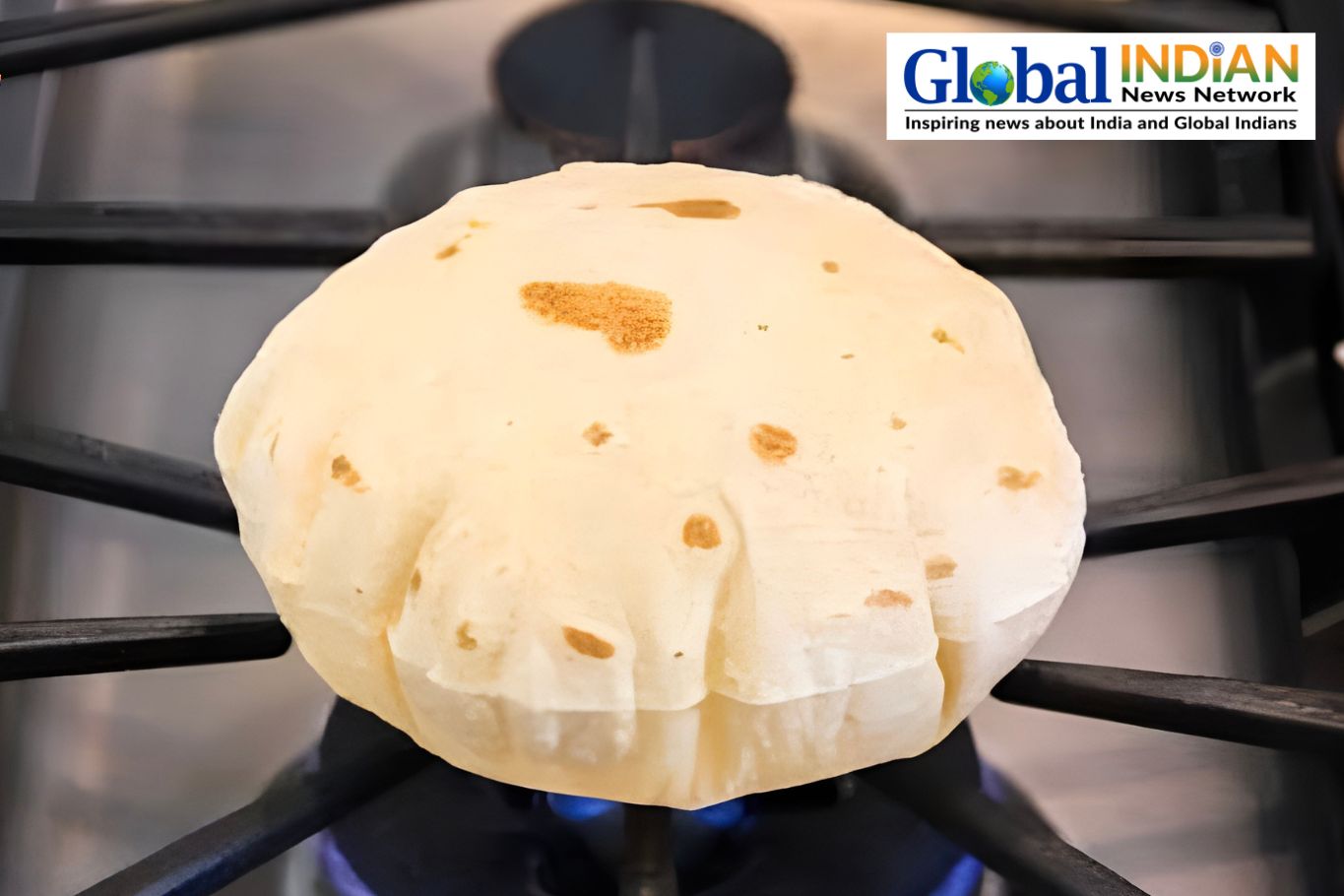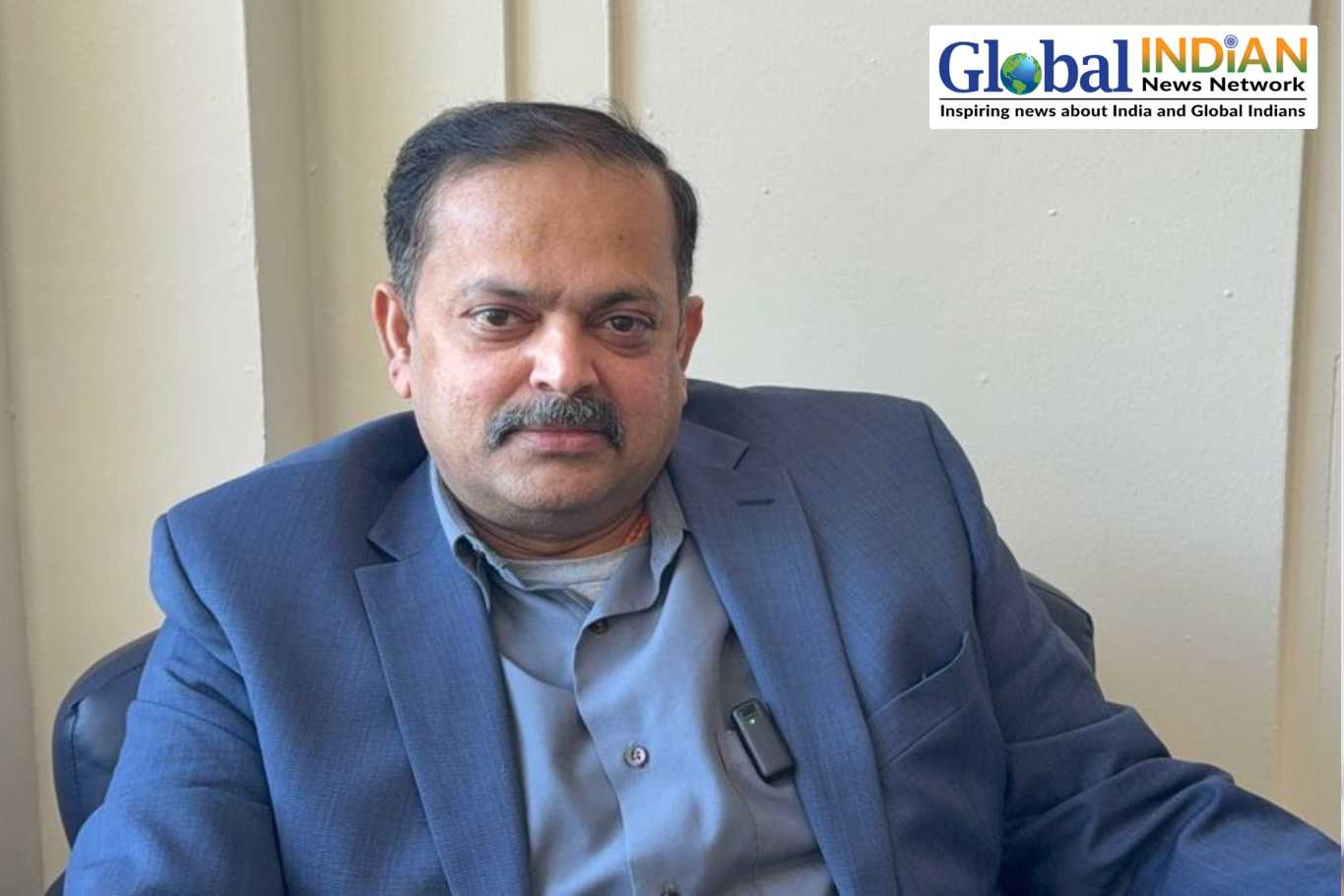 The Gordon and Betty Moore Foundation announced on September 19 that three Indian Americans have been selected as this year’s Moore Inventor Fellows. This annual fellowship aims to support scientist-inventors who develop innovative tools and technologies, with a focus on making significant advancements in scientific discovery, environmental conservation, and patient care.
The Gordon and Betty Moore Foundation announced on September 19 that three Indian Americans have been selected as this year’s Moore Inventor Fellows. This annual fellowship aims to support scientist-inventors who develop innovative tools and technologies, with a focus on making significant advancements in scientific discovery, environmental conservation, and patient care.
Harvey V. Fineberg, M.D., Ph.D., president of the foundation, emphasized, “The Moore Inventor Fellowship honors the creativity and ingenuity essential for addressing contemporary challenges and shaping a brighter future. We are excited to back these visionaries early in their careers as they create technologies poised to positively influence critical global issues.”
The Indian American fellows include:
Saad Bhamla, an associate professor in Chemical and Biomolecular Engineering at the Georgia Institute of Technology (GIT). His research aims to tackle both fundamental and applied questions through new experimental tools at the intersection of soft matter, organismal physics, and global health. The foundation highlights his “frugal inventions” that could provide accessible diagnostics and medical testing to billions in remote and underserved regions. Bhamla holds a PhD in Chemical Engineering from Stanford University and a BS in Chemical Engineering from the Indian Institute of Technology, Madras.
Ved Chirayath, the Vetlesen Professor of Earth Sciences and Aeronautical Engineering at the University of Miami, is also a National Geographic Explorer and the founding director of the Aircraft Center for Earth Studies (ACES). His research is focused on inventing and testing next-generation sensing technologies to study the natural environment. This technology aims to visualize marine wildlife, seafloor features, and marine debris from aircraft and potentially spacecraft, akin to how telescopes view the universe through our atmosphere.
Karthish Manthiram, a professor of Chemical Engineering and Chemistry and a William H. Hurt Scholar at the California Institute of Technology. His lab, the Manthiram Lab, specializes in developing electrified molecular systems. The team is working on electrically powered catalysts for epoxide synthesis, which could mitigate the safety risks and carbon emissions associated with current manufacturing methods, paving the way for sustainable and safe chemical processes.









